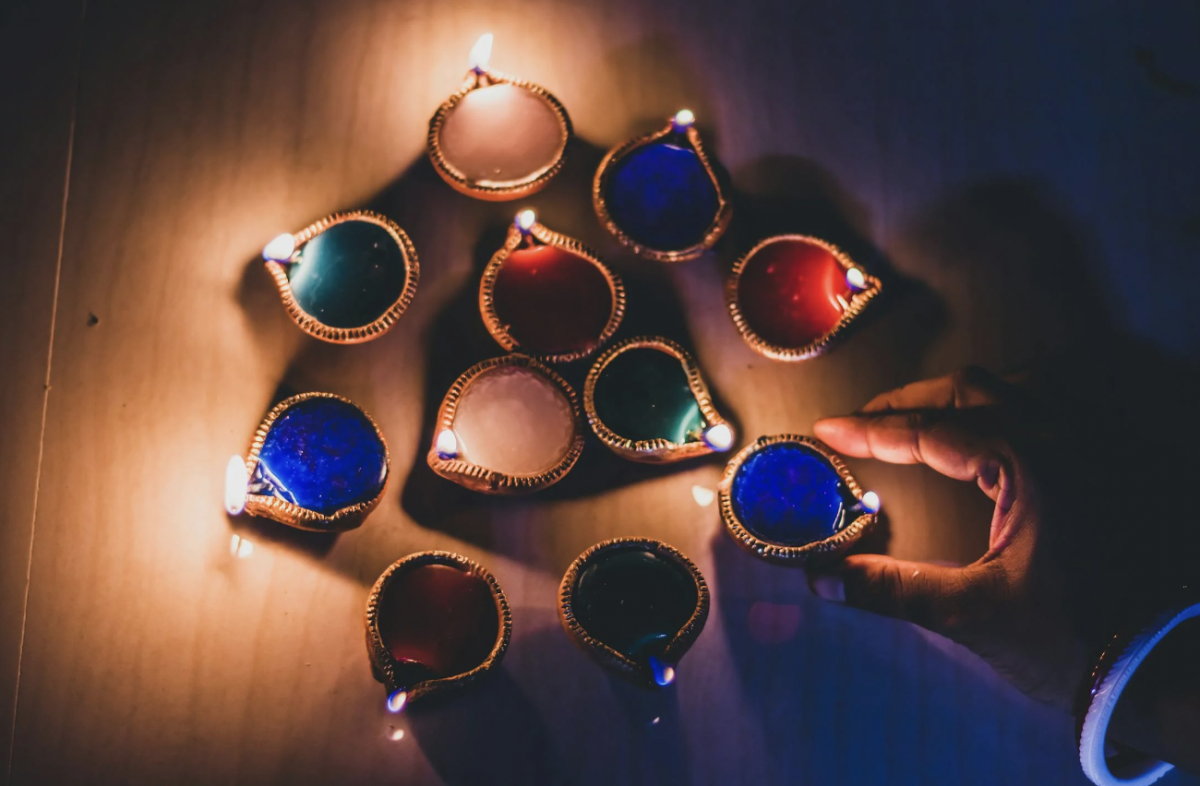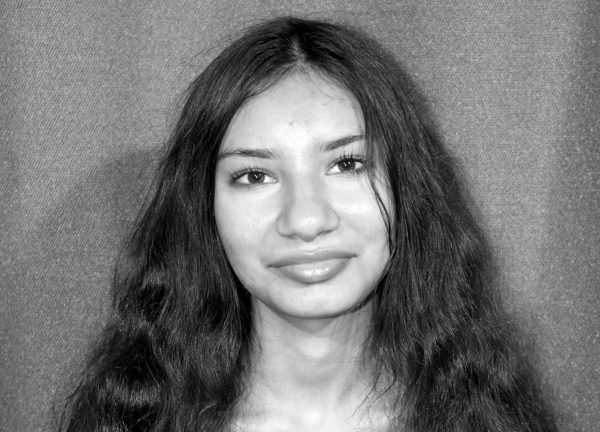Diwali, often referred to as the Festival of Lights, is one of India’s most significant and cherished holidays. This vibrant celebration marks a time of joy and togetherness, uniting communities across the globe in honoring the triumph of light over darkness. With roots deeply embedded in Hindu tradition, Diwali is a multifaceted festival celebrated by millions, including Sikhs, Jains, and Buddhists.
What is Diwali?
Diwali is one of India’s most important and widely celebrated holidays, recognized as a major religious festival in Hinduism. During this vibrant occasion, people perform religious rituals, share traditional stories, and exchange gifts, bringing communities together in joyous celebration.
History of Diwali
The origins of Diwali trace back to the return of King Rama to Ayodhya after defeating the demon Ravana around 527 BCE. This pivotal event symbolizes the triumph of light over darkness, which is why Diwali is often referred to as the “Festival of Lights.”
How Diwali is Celebrated
Many Indian communities celebrate Diwali by lighting rows of clay lamps called “deepa,” representing the light that dispels darkness. This act symbolizes the victory of good over evil. Decorations known as “rangoli” are created using colored powders to adorn homes during the festivities.
Families come together for a “puja,” a prayer dedicated to Goddess Lakshmi, who represents wealth and prosperity in Hinduism. Celebrations often include firework displays, lavish meals, and the exchange of gifts and well-wishes.
How Many People Celebrate It?
Diwali is celebrated internationally by billions of Hindus, Sikhs, Jains, and Buddhists. The festival has a global presence among Indian communities, occurring annually between late October and early November. In 2024, Diwali will be celebrated from Oct. 31 to Nov. 1.


